Our first community visit was to D.J. Halli Modi Road area. Two Americans driving a scooter in this area draws attention, so we were greeted and followed by a crowd of neighbor kids. We were able to discuss water use with Sara, a local mother of 5.
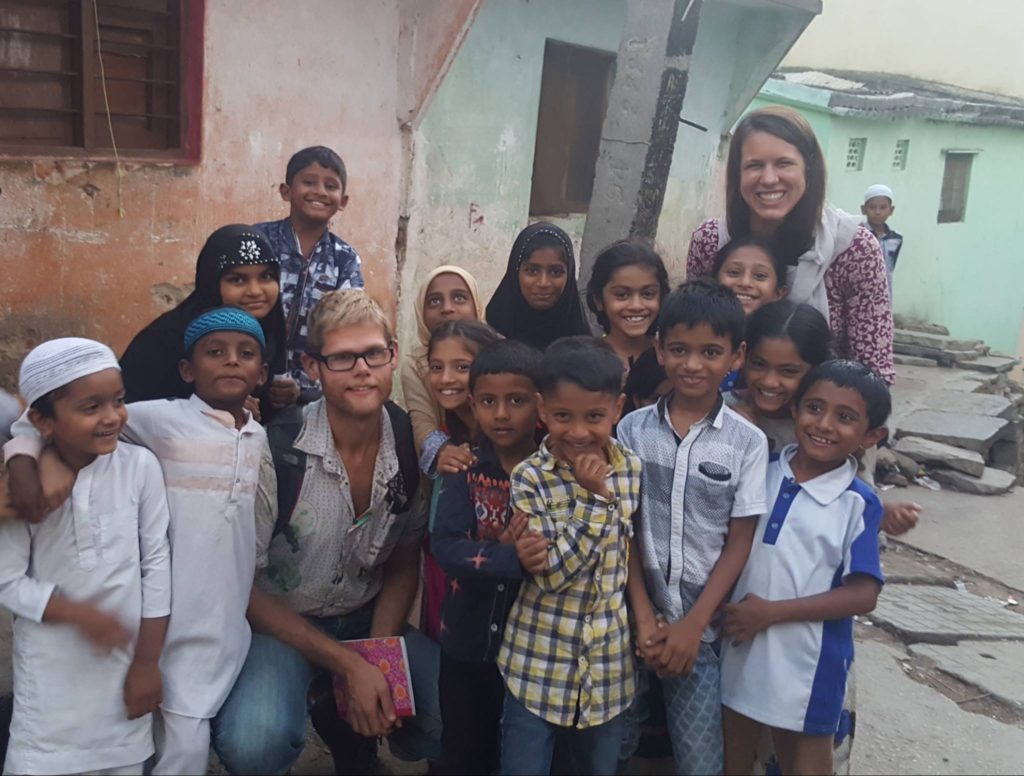
She explained that she has access to two taps, one for drinking water and one for dishes, bathing and laundry. While the latter was sourced from a nearby bore-well, the former came directly from BWSSB, Bangalore’s water municipality. She did not carry out any additional treatment on the water she received from this tap. Although she didn’t consider this to be necessary, she indicated that her son has just recovered from a case of Typhoid about 6-7 days prior to our visit. Upon further questioning, she told us that even though this had happened recently, such illness is uncommon in her household.
At the risk of pressing the subject, we then asked if her daughter (who was also present) had any similar cases, and Sara confirmed that the girl had suffered from a similar water-related illness earlier in the year. We determined that each of these cases lasted about 7-10 days and involved doctors visits, blood testing and injections.
This dialogue helped shed light, at least with this potential customer, on the thought process that members of these communities have. While water-related illnesses were evidently a significant burden in her household, she considered it more a routine, fact-of-life type of issue instead of a serious threat to her family. As she explained, such episodes of illness come and go. With each case, money is spent on medical services and her children are less active, but everyone ends up fine in the end.
During our debrief, we realized that developing affordable, portable, effective water treatment solutions is just one of our obstacles. We may need to convince many customers that treatment, in any form, is needed. This however was the first of many potential customer visits we hope to carry out. As many of our mentors at FFEM explained, while this neighborhood was lower income, it was also in one of the many areas of the city served by BWSSB. While this source is often regarded as suspect by some, others consider it safe to drink. If we want to learn more about how people access drinking water in the absence of this centralized service, we need to visit regions on the city’s periphery.
Key Data
- Source of drinking water – BWSSB
- Source of washing/bathing/dish water – nearby borewell
- Frequency of access to drinking water source – 12 hours per day
- Cost per family for access to drinking water source – ₹20 per month
- Treatment of drinking water post-source – none by interviewee
- Related illness – typhoid

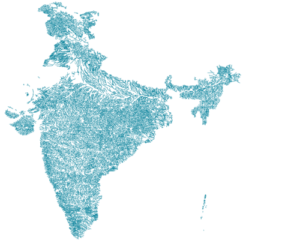
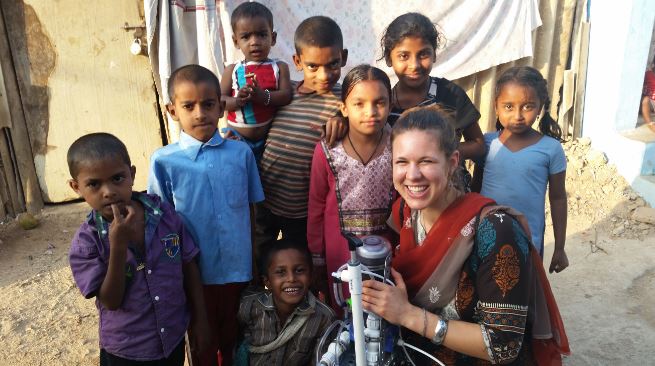
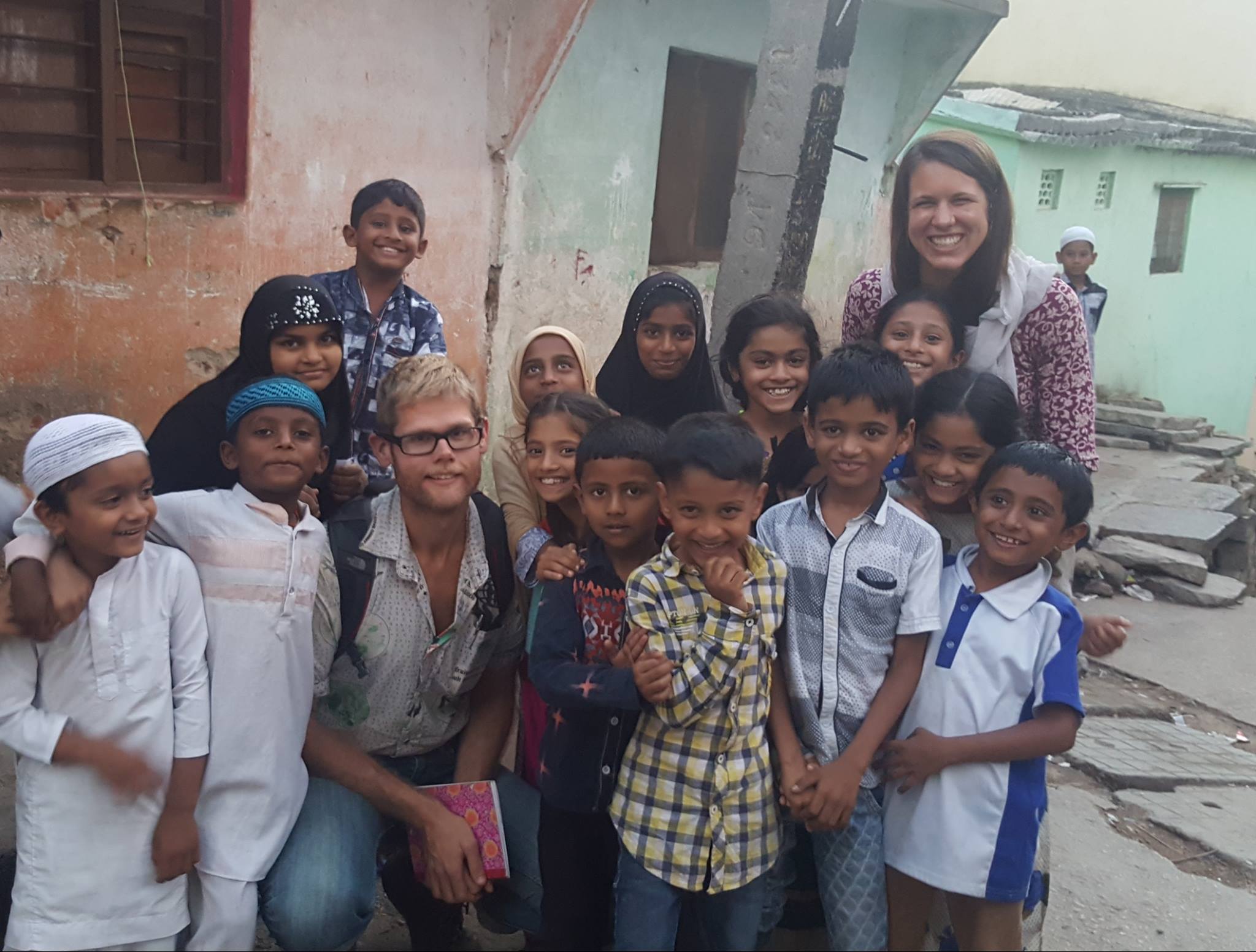
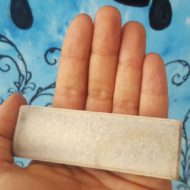
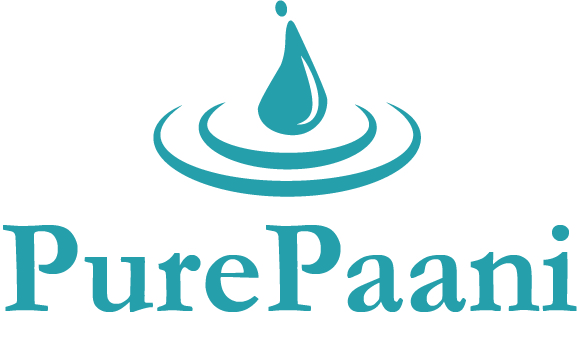
Recent Comments